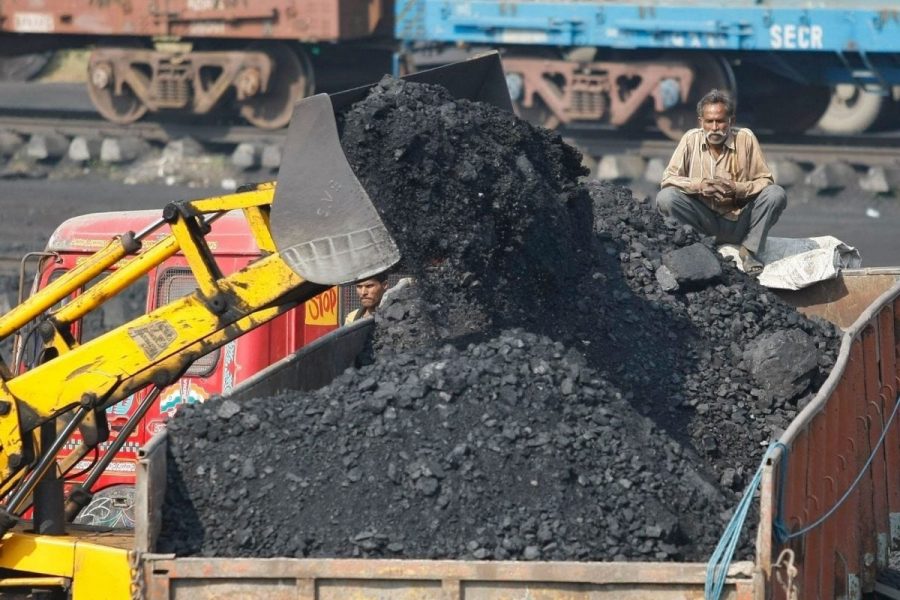
Retiring coal plants may be delayed, likely to affect India's climate goals: Report

Retiring India’s ageing coal-fired power plants is going to be delayed, and with the country adding more new sites, fossil fuel consumption may continue to be high making it difficult to meet climate goals in time, said a report.
According to a report in a business daily quoting sources, just 5 gigawatts of existing capacity will be closed by the end of the decade, as compared to plans in 2020 that had proposed shutting down about 25 gigawatts in that same period. This is due to the increasing demand for electricity and a global energy shortage.
India has rapidly electrified in recent years and peak power demand has been growing between 8 per cent and 10 per cent a year. Currently, 70 per cent of electricity is generated from coal plants, which is used to cater to peak evening demand.
Though, India has already made significant progress in transitioning from fossil fuels to cleaner energy sources, it has still a long way to go. Primarily, the coal retirement is not happening at a fast pace given that the overall demand for electricity is huge. And, analysts say that India, being a big country with the total coal capacity of more than 200 gigawatts (GW), it does not have the luxury to announce that it will phase out all coal by 2030 or 2040.
Expansion of new coal power capacity
The report in the business newspaper further said that India’s current coal power capacity of 204 gigawatts is expected to expand to more than 250 gigawatts over the next decade. However, no final decisions, have been made, said the report quoting sources.
Experts felt new coal projects will only act as a stumbling block for India to reach its net zero goals. New coal projects in the pipeline should be deployed to replace old plants and India should focus on decarbonisation projects, they felt. This means India, which along with China had refused to set a date to phase out coal at Glasgow talks last year, is going to depend on coal for a longer period.
Global investments to retire coal
As many analysts have repeatedly pointed out, India needs global investments to retire coal, buy out existing contracts, compensate affected communities and switch to renewables.
India however is aiming to hit net zero only in 2070 and only half its electricity generation will use clean fuels by 2030. To achieve this target, the country needs to massively scale up funding for renewables and to meet its goals by 2030 investment of $223 billion is needed, according to a report by research company BloombergNEF.
Besides the investments, gas prices remain high, implementing new hydropower projects are too cumbersome and with the renewable roll out still in its early stages, policymakers felt the country, like others around the world, will need to be dependent on coal for a longer time.


